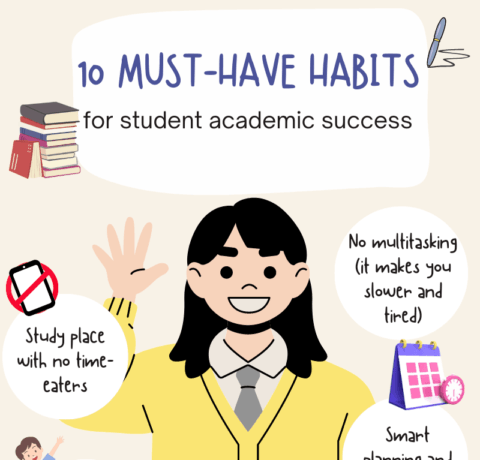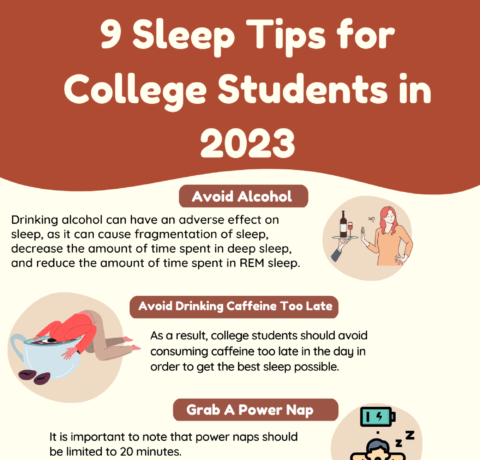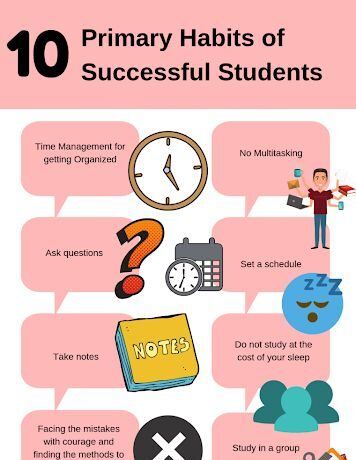Inside the Brain of a Struggling Reader Infographic
Left-brain activity in struggling readers is often underdeveloped. This part of the brain helps readers make the connection between letters and sounds, or phonemes (called "phonological processing").
The occipital lobe is the part of the brain that helps us understand what we see. While struggling readers may not have vision problems, differences in the occipital lobe can prevent them from understanding individual letters or words when they see them.
In a typical brain, Wernicke's area acts as a giant warehouse for vocabulary and sounds. For struggling readers, this area shows less activity and may even be inactive. That means that for some kids, every word encountered is a new word, all the time.
Broca’s area is usually associated with speaking words aloud. Students with phonological processing issues often show less activity in this region. It may be a no-brainer but speech, listening and reading are all interconnected.
Auditory – Processing difficulties also contribute to reading struggles. When something interrupts the brain's ability to process sounds, it can be difficult to distinguish between words, like rock, rocks and rocked for example.
The Brain is Plastic, it’s Fantastic
New research is demonstrating the plasticity of the brain, or the ability for it to change over the course of a human’s life. Teachers understand this better than anyone. Learning can make a big impact on brain physiology.
3 Awesome Examples
- London Bus Drivers VS. Taxi Drivers: Your average taxi driver has a larger hippocampus than a bus driver, likely because they have to navigate all over the city, while bus drivers have set routes. (Maguire, Woollett and Spiers, 2006)
- Monolinguals VS. Bilinguals: It turns out learning more than one language literally expands your brain: Bilinguals have a bigger left inferior parietal cortex than monolinguals. (Mechelli et al.,2004)
- Musicians vs Non-Musicians.Musicians who practice at least one hour a day have been shown to have more gray matter than those who do not play an instrument. (Gaser and Schlaug, 2003)
Helping Struggling Readers at a Neurological Level
- Check for discrimination of similar sounds, such as pig, peg and peck. Kids must first identify differences in sounds (e.g., b/d) before being able to learn which sound goes with each letter. Studies show that the ability to make these small distinctions is strongly linked to success in reading.
- Provide instruction that’s intense, motivating and frequent. Brain change happens when a task is done frequently, is motivating and allows for repeated practice.
- Work on vocabulary from an early age. Research shows that students who are exposed to more words as toddlers and young children have greater pre-reading skills when they get to school.
- Have kids work on listening accuracy, auditory sequencing and phonological memory. A Cornell University study demonstrated that dyslexic students who used Fast Forward, a program that emphasizes these skills, achieved significant improvements in oral language and reading.







You can adjust your cookie preferences here.